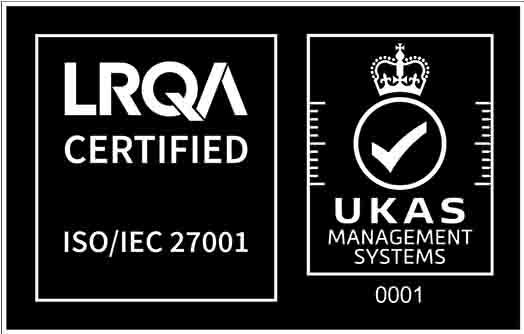You don't have to move mountains to optimize your UC. Small changes can make a big difference. Consider your UC optimization potential in three veins: people, technology & process.
People:
1. Expert UC Team (in-house)
Having expertise in-house can help identify problems and solutions quicker whilst maturing your UC management. In-house resources are familiar with the day-to-day fluctuations and will notice irregularities faster than external help - what might be normal server demand for one company might be an overload on yours.
2. Trusted Partners
Technology services partners can play a vital in running a smooth operation. They are a valuable resource for providing expert advice on new technologies in the marketplace as well as helping in new roll-outs. trusted partners have the benefit of an outsider's perspective - they can recommend best practices used in other firms.
3. Buy-in from the Top
If the senior leadership team in an organization isn't on board with the importance of high performing unified communications it will be difficult to prioritize strategic optimization projects. Ensure your UC champion is communicating the challenges and strategic vision of an optimal UC effectively to the C-Level executives.
Technology:
4. Network Reliability
Your network performance is only as reliable as the capacity supplied and demanded. User experience expectations can only be met if the organization correctly provisions network capacity to meet their required demands. If network demand increases - so too must your supply of network bandwidth.
5. Trusted UC Vendors
Working with a trusted and credible UC vendor that works well with other tools and applications will help lighten the load of effective UC Management. It is much harder to optimize your UC if you are reliant on building tailored solutions from scratch. A vendor that offers API's to integrate with a variety of third party tools will make your life easier when you want to tap into higher performance.
6. UC Monitoring & Troubleshooting Tools
The UC environment is made up of multiple vendors, networks and SBCs - you must have visibility of the entire ecosystem end-to-end to monitor effectively. The same rings true for troubleshooting. Settling for a monitoring & troubleshooting tool that only covers one area will leave gaps and prevent you from optimizing your UC Management.
Process:
7. UC Optimization Plans
To optimize UC you usually have to change how you do things, you need to be comfortable with changing the process of “this is how we do it”. Formalizing tasks into a plan gives optimization more precedence and changes are more likely to occur. Start your plan writing down a list of things you wish you could do; for example, finding certain information in 2 clicks, reducing the time to produce weekly update reports, setting a standard process for finding the root cause of a problem quickly. When you're happy with your wish list prioritize the tasks in order of impact.
It's also a good idea to expand the wish list with ideas from other team members and peers in other companies. Asking an online community of UC users is a great way to generate optimization ideas. Design a plan around your final wish list and get stuck in!
8. Threshold Alerts & Automatic Fixes
Setup thresholds alerts (if you haven't already) for when standard levels of fluctuation are exceeded. Learn from previous outages: when a chain of events starts to trigger – that previously occurred leading up to an outage – ensure you're notified with an alert. Better still, if you can, put in fail over procedure that automatically fixes the problems and derails an outage from happening.
Our Final Word on UC Alerts
Keep track of your alerts, and update them periodically and as changes occur. Don't set up alerts and leave them to rot. When rotten alerts are triggered, you're unnecessarily disrupted from other work or worse – outside of business hours. You do not want to be investigating a ‘non-issue' in your free time.




